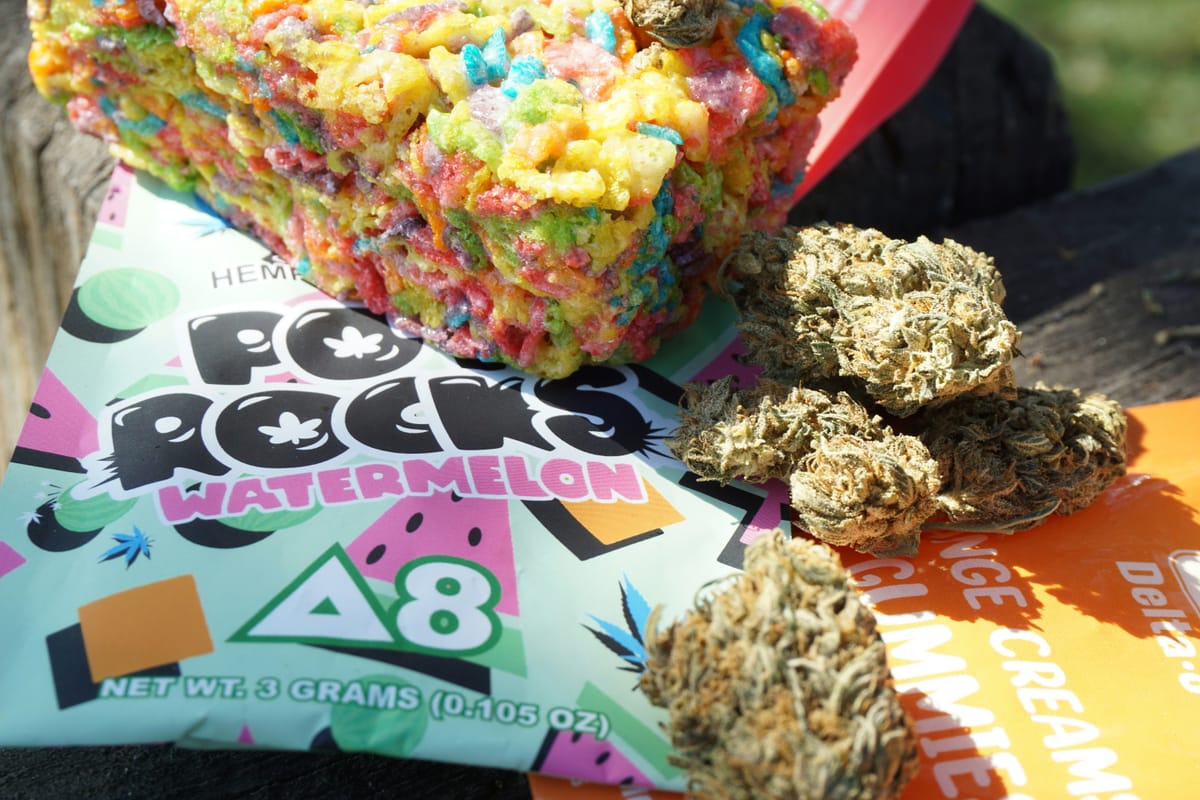Federal Court Clears Way for Arkansas to Enforce Delta-8 Ban

LITTLE ROCK, Ark. — Arkansas can soon begin enforcing a state law banning delta-8 and similar hemp-derived substances, following a federal appeals court ruling that overturned a previous injunction.
On Tuesday, a three-judge panel from the U.S. Court of Appeals for the 8th Circuit sided with the state in a case brought by four hemp-related businesses. The plaintiffs had sought to block Act 629, a 2023 law banning the production, sale, or transportation of certain intoxicating substances made from hemp.
Court Sides with State
In its decision, the panel ruled that Act 629 is not unconstitutionally vague, rejecting the lower court's reasoning that the statute’s language could lead to confusion—particularly over restrictions on transporting hemp-derived products through the state.
“We also conclude Act 629 is not unconstitutionally vague and the district court abused its discretion when it issued a preliminary injunction based on the statute being void for vagueness,” the court wrote.
Arkansas Attorney General Tim Griffin hailed the ruling during a press conference in Little Rock. “This is one of the most important—if not the most important—[victory] that this office has had since I’ve been here,” he said. “Primarily because this is a really serious problem that is only growing.”
Griffin said enforcement of the law could begin within “three, four, five weeks,” once the court’s mandate is officially issued.
Background on the Law
The Arkansas Legislature passed Act 629 in 2023 amid rising concern about the availability of hemp-derived products—such as delta-8, delta-9, and delta-10 THC—isomers that can produce psychoactive effects. These compounds are often found in products like gummies, vape cartridges, and oils sold at gas stations and smoke shops.
Lawmakers, including Rep. Jimmy Gazaway (R-Paragould), said the ban was necessary to protect children and regulate what had been a largely unregulated industry. “These products are essentially recreational marijuana, and I am glad the court confirmed the state’s ability to ban them,” Gazaway said. “Before our law, there was no regulation, no oversight, and no protections for consumers.”
Gov. Sarah Huckabee Sanders also praised the decision, calling it “a huge victory for the safety of every Arkansan—especially our kids.”
Industry Reaction
The plaintiffs in the lawsuit include Bio Gen LLC of Fayetteville, Dippers Vape Shop LLC of Greenbrier, The Cigarette Store of Colorado (doing business as Smoker Friendly), and Sky Marketing Corp. of Texas (doing business as Hometown Hero). They had argued that Act 629 conflicted with the 2018 Farm Bill, which legalized hemp and its derivatives at the federal level.
Attorney Abtin Mehdizadegan, who represents the plaintiffs, did not respond to a request for comment.
Melissa Fults, a medical marijuana advocate, acknowledged public safety concerns but opposed an outright ban. “I also have a problem with just leaving it on the shelves and allowing it to be unregulated and untested,” she said.
The cannabis industry has capitalized on legal loopholes since the federal legalization of hemp, synthesizing THC isomers from the plant to create products that fall outside traditional marijuana regulations. While legal hemp must contain only trace amounts of delta-9 THC, synthesized compounds from hemp have created a gray area in law that Arkansas now appears poised to close.
